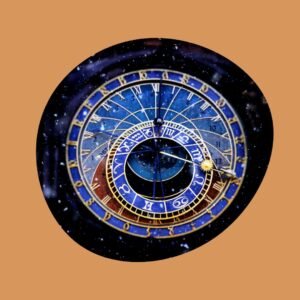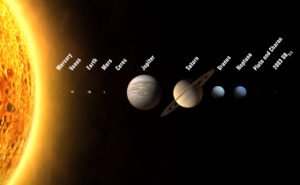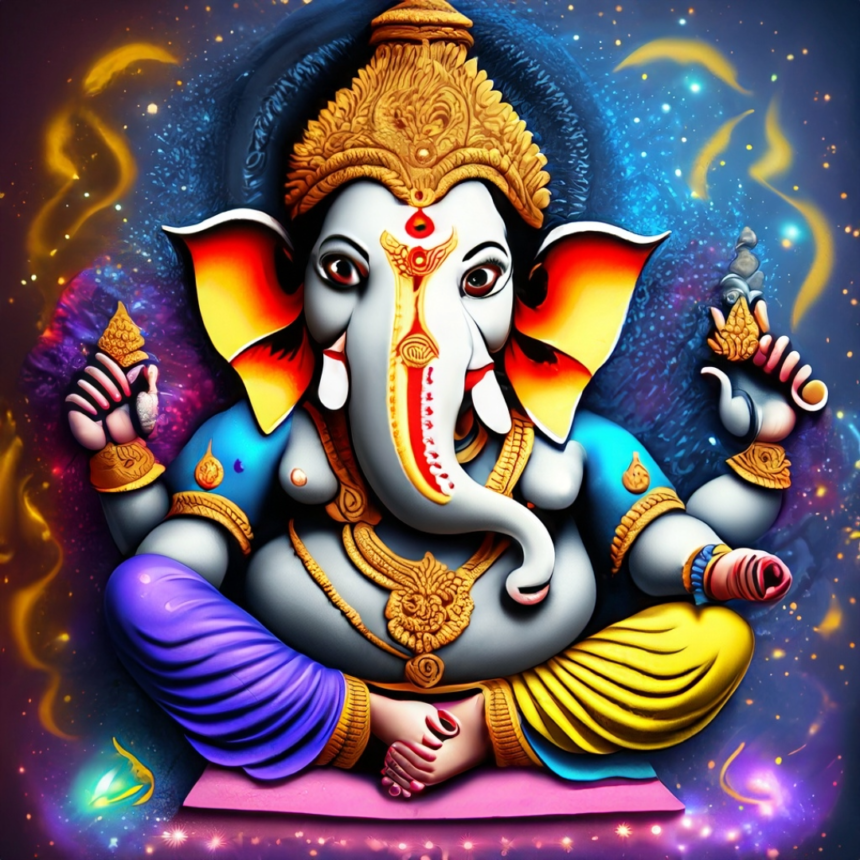Introduction
Vedic astrology is based on the belief that cosmic energies significantly impact our lives. In this ancient practice, the concepts of Hora and Panchang are considered essential tools for determining auspicious and inauspicious timings for various activities. These tools provide valuable insights into the cosmic act of our actions and can guide us in making informed decisions.
Hora refers to dividing a day into two halves, each ruled by a different planet. At the same time, Panchang is a calendar that includes information about the positions of the sun, moon, and other celestial bodies. Together, Hora and Panchang help us to identify the most favourable times for important events, such as weddings, business ventures, and religious ceremonies. By understanding the significance of these tools, we can harness the power of cosmic energies to achieve success and prosperity in our lives.
Understanding Hora
What is Hora?
Vedic astrology, an ancient Indian system of astrology, incorporates a unique concept of dividing the day into two halves called Hora. Hora means “hour” in Sanskrit, a time unit that lasts for one hour. The day is divided into 24 Horas, with each Hora lasting approximately 60 minutes.
The first Hora of the day starts at sunrise and is known as the diurnal Hora. The second Hora of the day begins at sunset and is known as the nocturnal Hora. The diurnal Hora is associated with the Sun, while the nocturnal Hora is related to the Moon.
Each Hora, whether diurnal or nocturnal, is also associated with a specific planet in the solar system. The planetary association with each Hora determines the quality of that period. The influence of the earth on that particular Hora is believed to affect the auspiciousness of that time for performing various tasks.

The planetary association with each Hora is as follows:
- – The first Hora of the day (diurnal Hora) is associated with the Sun
– The second Hora of the day (nocturnal Hora) is associated with the Moon
– The third Hora of the day is associated with Mars
– The fourth Hora of the day is associated with Mercury
– The fifth Hora of the day is associated with Jupiter
– The sixth Hora of the day is associated with Venus
– The seventh Hora of the day is associated with Saturn
– The eighth Hora of the day is associated with the Sun
– The ninth Hora of the day is associated with the Moon
– The tenth Hora of the day is associated with Mars
– The eleventh Hora of the day is associated with Mercury
– The twelfth Hora of the day is associated with Jupiter
– The thirteenth Hora of the day is associated with Venus
– The fourteenth Hora of the day is associated with Saturn
This association of planets with each Hora plays a crucial role in determining the auspiciousness of a particular time for performing various tasks. Vedic astrology considers this knowledge an essential tool for selecting an auspicious time for a specific activity, such as starting a new business, getting married, or performing a religious ceremony.
Importance of Hora:
- Choosing the right Hora for specific activities ensures favourable outcomes.
- Hora helps determine the best time for starting new ventures, conducting rituals, or making important decisions.
- It considers the position of the Moon and the ruling planet during a particular Hora.
Planetary Association with Horas:
- Sun Hora: Ideal for administrative tasks, leadership roles, and seeking authority.
- Moon Hora: Suitable for emotional matters, creativity, and nurturing activities.
- Mars Hora: Favorable for physical activities, sports, and competitive endeavours.
- Mercury Hora: Beneficial for communication, learning, and intellectual pursuits.
- Jupiter Hora: Good for education, spiritual practices, and expansion.
- Venus Hora: Suitable for artistic endeavours, relationships, and finances.
- Saturn Hora: Useful for discipline, planning, and long-term goals.

Also read: Lunar Month in Astrology
Significance of Panchang
What is Panchang?
- Panchang, a significant and comprehensive Hindu calendar, is a beacon of precision. It guides us through all the celestial events, planetary positions, and auspicious timings of the year with utmost accuracy.
- It provides crucial information about various elements such as Tithi (lunar day), Nakshatra (lunar mansion), Yoga (auspicious combinations), Karana (half-Tithi), and Rahu Kaal (inauspicious time). Panchang, an essential part of Hindu culture, is widely trusted for planning auspicious ceremonies, festivals, and other important events.
Role of Panchang in Muhurta:
- The Panchang is an ancient calendar system that originated in India, which serves as a comprehensive guide that helps determine the most auspicious time for performing various activities. This system has been designed to consider the intricate interplay of planetary movements, lunar phases, and other cosmic factors crucial in determining the best possible Muhurta.
- Panchang provides a holistic approach to aligning actions with the natural rhythms and cosmic energies, which, in turn, can help achieve optimal results and success in life.
- Panchang is not just a calendar; it’s a belief system. It is believed that by following the guidelines provided by Panchang, people can make the most of their time and resources, and their efforts are likely to yield better results. This system, used for centuries by people in India and other parts of the world, is a testament to the belief in the power of cosmic energy and its profound impact on human life.

Components of Panchang:
- Tithi: The lunar day is essential for rituals and ceremonies.
- Nakshatra: The position of the Moon in a specific constellation.
- Yoga: Auspicious combinations for specific activities.
- Karana: Half of a Tithi, influencing the quality of time.
- Rahu Kaal: Inauspicious time associated with the planet Rahu.
Conclusion
In summary, Hora and Panchang serve as valuable tools for timing our actions. By understanding their significance, we can make informed choices and enhance the chances of success in our endeavours.



